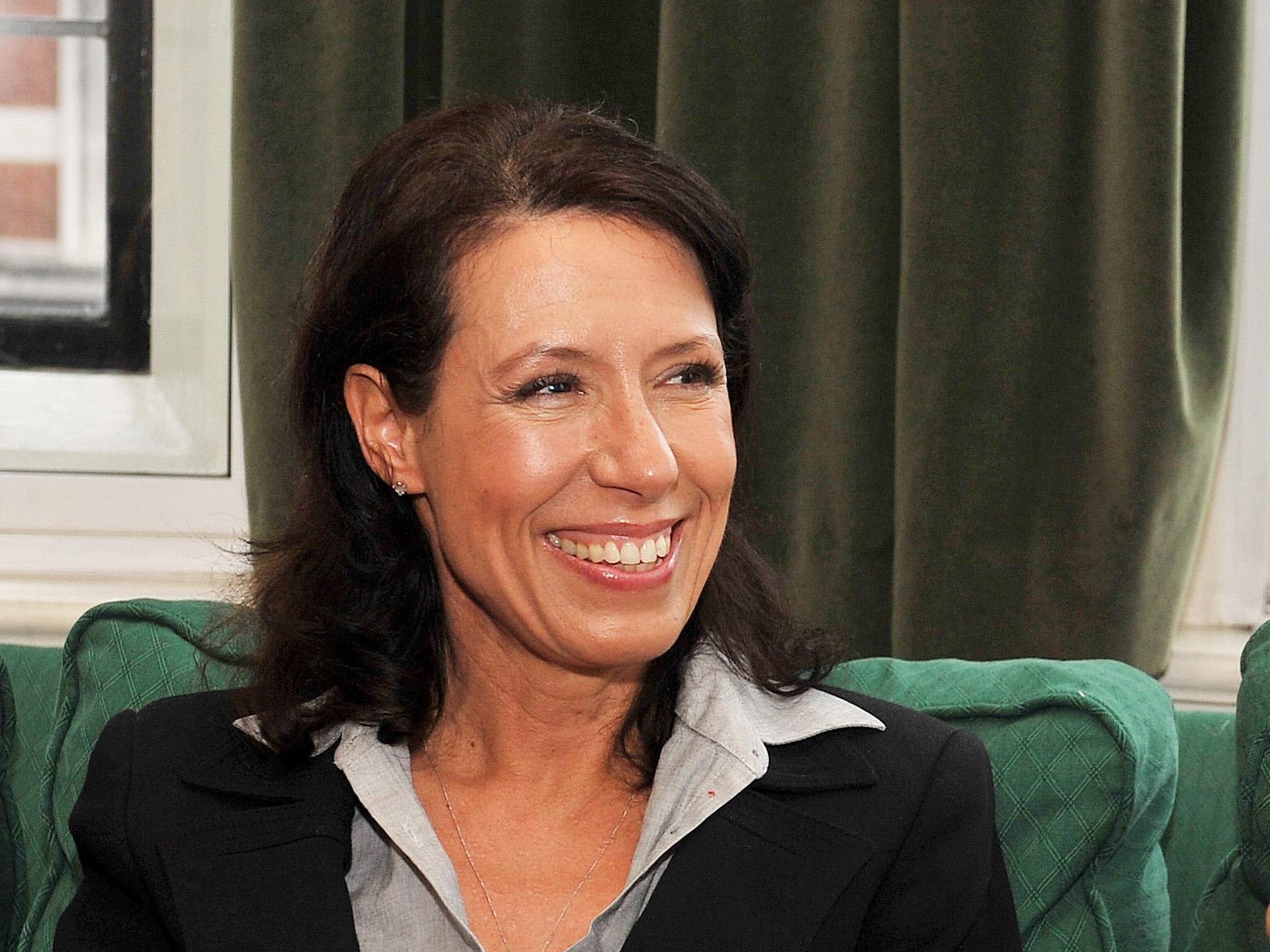Spending cuts are making people physically ill, says Labour’s shadow disabilities minister
Office for National Statistics figures released in 2014 found that the cumulative impact of all health inequalities was that Britain’s poorest live on average nine years less than the richest

Inequality in access to health treatment cannot be beaten without tackling wider inequality in society and the economy, Labour’s shadow disabilities minister has said.
Speaking at her party’s annual conference in Brighton, Debbie Abrahams said government policies outside the areas traditionally thought of as “health policy” still had an effect on health.
She said cuts were having a significant impact on health of the poorest in society.
“We can’t just focus on lifestyle – it has to be about social structures,” she told a fringe meeting organised by the 2020 health think-tank.
“This can be resolved: they’re socially produced inequalities and we all have an opportunity to change them. It is not just about the health sector.
“The biggest difference you can make around health is about making sure that we have a taxation policy that is not going to be affecting the bottom 20 per cent in a regressive way.
“The distributional impacts around taxation and public spending cuts have impacted most on the poorest in society and that needs to be taken into account.”
The shadow disabilities minister, who has a background in health service management, said her work and pensions disabilities brief would start to work more closely with her party’s health team to formulate policy.
Helen Birtwhistle, from the NHS managers’ group the NHS Confederation, appeared to agree, telling the same meeting: “There is nothing that happens in our community and society that doesn’t affect health.”
Research by the mental health charity Mind found that some aspects of Department for Work and Pensions policy were having a negative impact on claimants’ health.
A survey of people on the Government’s Work Programme because of their mental health issues found that 83 per cent said the support they received from the programme had actually make their condition worse.
A dramatic rise in food poverty indicators like food bank use in the last five years – blamed on the benefits system – has also been found to have an effect on physical health.
A study reported by the Independent earlier this month found that food bank use was storing up a “health nightmare” for the future because of the difficulty of distributing fresh produce, which is required for a balanced diet.
Office for National Statistics figures released in 2014 found that the cumulative impact of all health inequalities was that Britain’s poorest live on average nine years less than the richest.
Men in the bottom income decile tend to die at 74, while the top decile can expect to live to 83.
Join our commenting forum
Join thought-provoking conversations, follow other Independent readers and see their replies
Comments
Bookmark popover
Removed from bookmarks